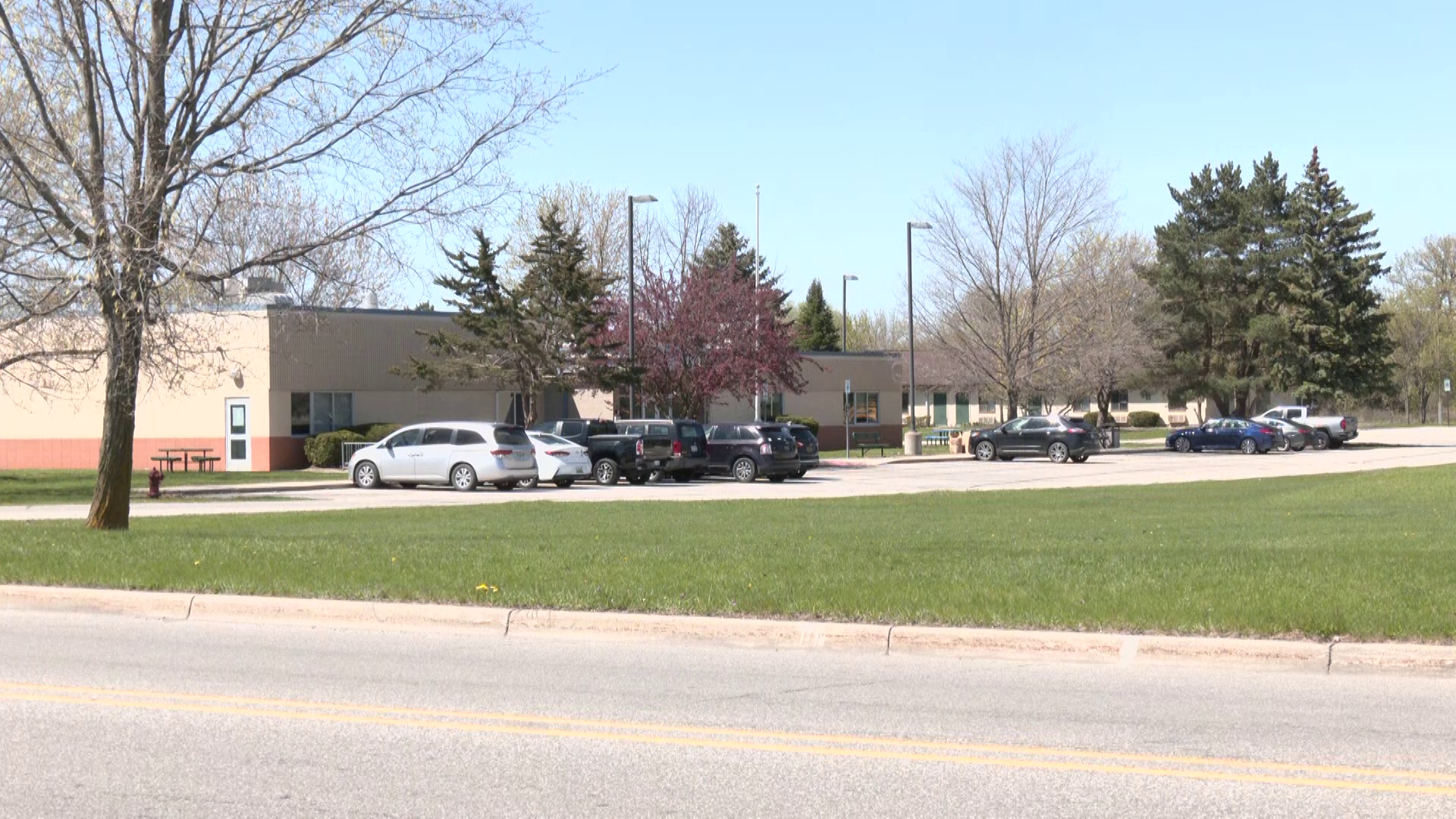Whether you choose to consume a glass of orange juice or opt for an orange slice, you’re still consuming sugar. And, if too much is consumed, it can lead to bigger health issues like diabetes. Blue Cross Blue Shield registered dietitian, Shanthi Appelo explains how our bodies process sugar, and how we can make better choices when it comes to how much we intake.
Sugar plays a huge factor when it comes to our blood sugar. “Our body’s favorite fuel for our brain is carbohydrates,” says Shanthi. “When we consume carbohydrates, our bodies break it down with a hormone called insulin. It helps stabilize blood sugar”. Unfortunately, those who have type II diabetes don’t produce enough insulin, and the body doesn’t process it in the way that it should. Therefore, their blood sugar spikes, and can lead to more problems down the road, including significant issues with the pancreas which produces insulin.
Shanthi stresses the importance of choosing the right sugars to consume, especially if you do have type II diabetes. “Fresh fruit is always a great choice compared to canned, dehydrated, or any other processed form of it. It carries fiber and nutrients that can actually help the body process sugars”.
She also pointed out one big food myth, and that you need to look at the labels to see how much sugar you are really consuming. “There’s a myth that honey won’t affect blood sugar like just regular white or brown sugar does. That is incorrect. Sugar is sugar, and your body does not care whether or not if it came from honey, granulated sugar, or any other kind of sugar. It all counts on how much sugar you consume”. Shanthi says to still enjoy sugars, but instead of a 1/2 cup of sugar in your coffee, try a teaspoon. Or, instead of an 8 oz glass of orange juice, try 4 oz with some water in it.
For more health and wellness tips from Shanthi Appelo, and other experts, .

© 2023 - 910 Media Group


